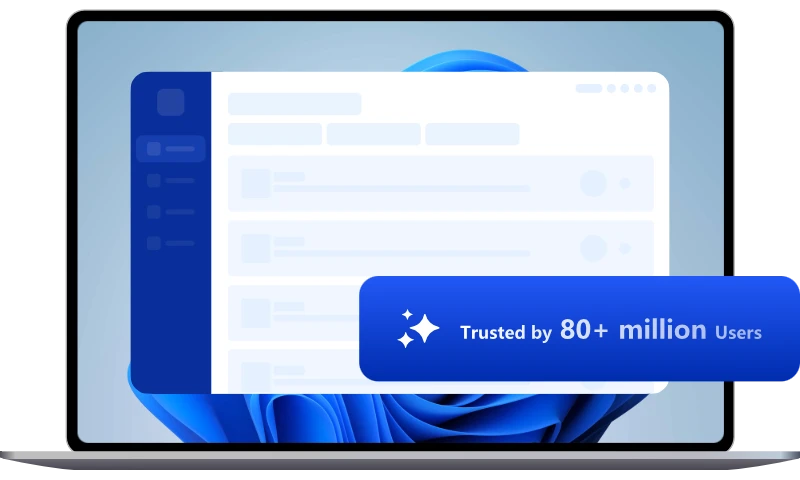25 Windows Update Policies That Are Obsolete in Windows 11/10
Windows 10 and Windows 11 operating systems have different sets of policies that administrators can configure. According to Microsoft, some policies should no longer be set because they have become irrelevant or have been replaced by better options.
Windows 10 and Windows 11 operating systems have different sets of policies that administrators can configure. According to Microsoft, some policies should no longer be set because they have become irrelevant or have been replaced by better options.
How to open Local Group Policy Editor
Press Win + R keyboard key combination to open the Run dialog box, type “gpedit.msc” in the input box, click OK or directly press Enter on the keyboard to open the Group Policy Editor.
Stop using these 25 Windows Update policies
Open the Group Policy Editor, you can a series of Windows Update policies under the Legacy Policies folder in Windows 11 Update ([…]/Administrative Templates/Windows Components/ Windows Updates/Legacy Policies). These are the policies that Microsoft doesn't want you to apply anymore.
The reason Microsoft gives is that these policies either no longer have any impact, or they don't work properly on computers running Windows 10 version 20H2 or later, or they still work but there are already better options available.
Policies that were never implemented in Windows 10/11 (or have been replaced):
- Do not display ‘Install Updates and Shut Down” option in Shut Down Windows dialog box
- Do not adjust default option to ‘Install Updates and Shut Down’ in Shut Down Windows dialog box
- Delay Restart for scheduled installations
- Configure auto-restart required notification for updates
- Allow non-administrators to receive update notifications
- Turn on Software Notifications
- Allow Automatic Updates immediate installation
- Re-prompt for restart with scheduled installations
- Reschedule Automatic Updates scheduled installations
- Select when Feature Updates are received (pause updates for 60 days or until set back to 0, replaced)
- Defer Upgrades and Updates (quality updates for up to 4 weeks, replaced)
- Defer Upgrades and Updates (feature updates for up to 8 months, replaced)
- Select when Feature Updates are received (replaced)
- Turn on recommended updates via Automatic Updates
- Do not allow update deferral policies to cause scans against Windows Update (not supported on Windows 11)
- Update Power Policy for Cart Restarts (not supported on Windows 11)
Policies that have been moved to the legacy policies folder:
- Specify deadline before auto-restart for update installation (admins should leverage compliance deadline policies instead).
- Configure auto-restart reminder notifications for updates (Utilize compliance deadline instead)
- Turn off auto-restart notifications for update installations (Use the "Display options for update notifications policy instead).
- GP name: Specify Engaged restart transition and notification schedule for updates (leverage compliance deadline policies instead)
- Configure auto-restart warning notifications schedule for updates (leverage the default notification flow)
- No auto-restart with logged on users for scheduled automatic updates installation (only worked in Group Policy, but not exactly as described).
- RequireUpdateApproval (only for mobile devices, not support on Windows 10 or 11).
- PhoneUpdateRestrictions (deprecated, replaced with RequireUpdateApproval)
- Do not allow update deferral policies to cause scans against Windows Update (not supported on Windows 11, Microsoft recommends to use the new scan source policy).
To learn why you shouldn’t set these 25 Windows policies in detail, you can check this post in Windows IT Pro Blog.

